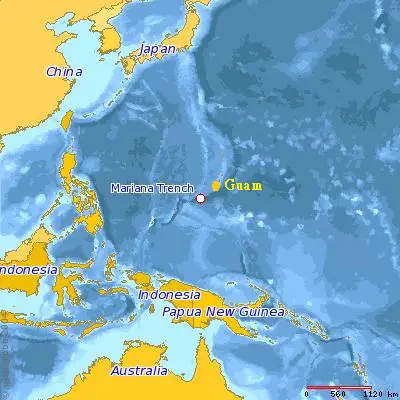Guðmundur Ingi Guðbrandsson, Iceland’s Minister for the Environment and Natural Resources issued a regulation which restricts exhaust emissions that have a large of sulphur due to burning by ships in the territorial waters of Iceland. This new rule was welcomed by the Iceland Nature and Conservation Association and the Clean Arctic Alliance. Though it is positive step that has been taken by Iceland, this regulation also has a drawback. It allows the ships to use heavy fuel oil that emits black carbon if they make use of scrubbers in order to eliminate sulphur from the exhaust emissions.
“Iceland’s new regulation to limit exhaust emissions with high levels of sulphur from shipping in Iceland’s waters is a positive step forward by Environment Ministers Guðmundur Ingi Guðbrandsson, but fails to address emissions of black carbon, which accelerates Arctic sea ice melt, and in turn accelerate the effects of human-induced climate change,” said Árni Finnsson, of the Iceland Nature Conservation Association. “The only viable step forward is for Iceland to completely ban the use and carriage of heavy fuel oil from its territorial waters, ahead of an International Maritime Organization ban currently in development to ban its use and carriage in the Arctic”.
The scrubbers that are used to remove sulphur from the exhaust of ship leads to the production of scrubber waste that needs to be disposed. Usually scrubbers are ‘open loop’. In these, the waste produces contain a large amount sulphur and other pollutants like heavy metals and polyaromatic hydrocarbons and are dumped straight into the sea. Another concern is that, in case the scrubber stops functioning properly during cold temperatures or due to ice then the ships will continue to burn HFO and thus emit a lot of sulphur.
Apart from this, there are two other threats. The use of HFO with a scrubber might reduce the emission of black carbon to some extend but will not eliminate the emission of black carbon completely. Black carbon when emitted into the atmosphere stays there for some time and is then deposited on land or water. When this is deposited on snow and ice, it speeds up the process of melting, thereby increasing the region that is exposed and dark ocean water that absorbs larger amoy of heat. It then leads to an automatic cycle of climate change which is started by humans.
The new regulation by Iceland will not reduce the amount of HFO that is carried by ships in the North Atlantic and the Arctic. Thus, if HFO spills accidentally, the chances of a great damage will still prevail. It is impossible to clean the HFO that enters water bodies especially colder Arctic waters.
The Iceland Nature and Conservation Association and the Clean Arctic Alliance urges the Government of Iceland to restrict the entry of all vessels that carry or burn HFO to the waters of Iceland. The prohibition of using and carrying HFO and the change to lighter distillate fuels will remove the harm that is caused due the emission of sulphur, bring down the emission of black carbon and eliminate the risk of spilling HFO completely.
Reference: Iceland Government
from WordPress https://www.maritimemanual.com/icelands-new-scrubber-rule-fails-address-spill-risks-black-carbon/

No comments:
Post a Comment